Invocations – Dua Against Anxiety and Fear in Islam – Islamic Duas
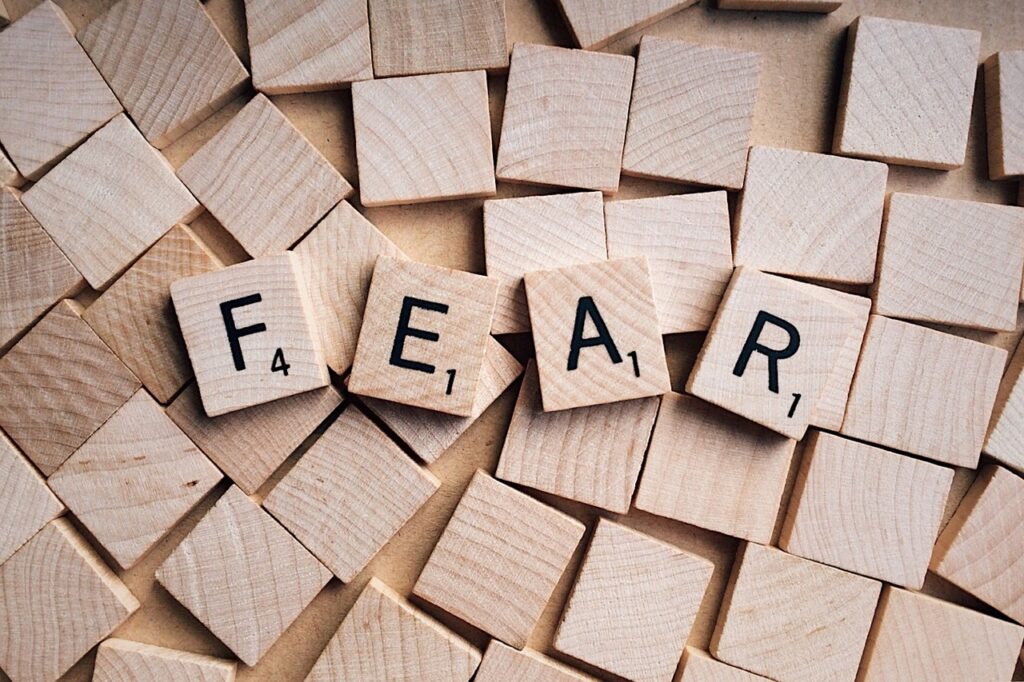
Invocations – Dua Against Anxiety and Fear in Islam – Islamic Duas In Islam, invocations hold a special significance in alleviating anxiety and fear. When faced with challenges and negative emotions, Muslim believers turn to specific Arabic invocations to find inner peace with Allah’s help, for invocations are addressed to the Creator of everything. In […]
Sunni Islam: Exploring the Largest Branch and Its Global Cultural Influence
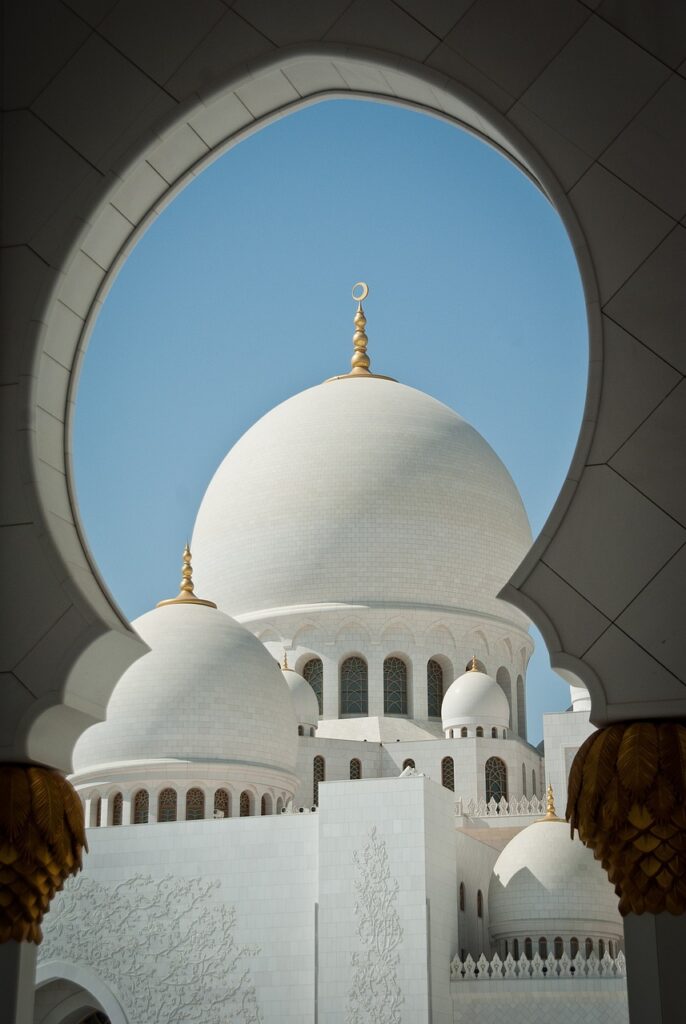
Sunni Islam: Exploring the Largest Branch and Its Global Cultural Influence The world of Islam, with its rich history and diverse traditions, is multifaceted and intricate. Although Islam is a unified religion at its core, emphasizing the oneness of God and the finality of the prophethood of Muhammad, it has various branches and schools of […]
Invocations – Dua for Pious Offspring
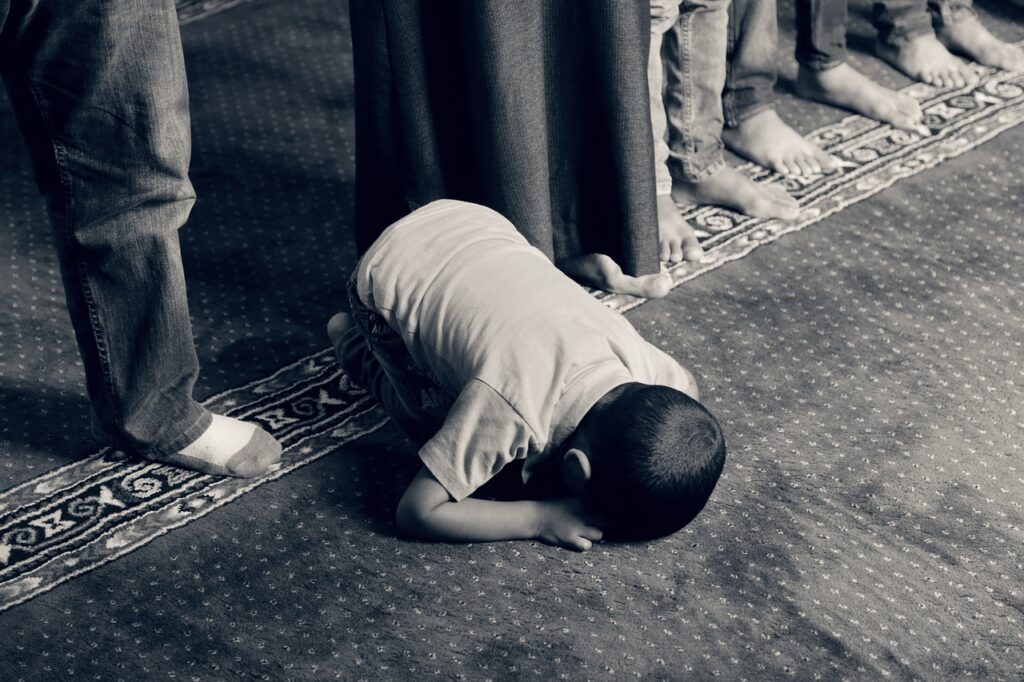
Invocations – Dua for Pious Offspring: Seeking Divine Blessings in Islam Invocation for Having Pious Children In Islam, the pursuit of pious offspring is a deeply rooted desire in the hearts of many believers. Pious children are seen as a great blessing from Allah. Therefore, believers are encouraged to seek divine grace and invoke Allah […]
Traveler’s Dua – Invocation in Islam
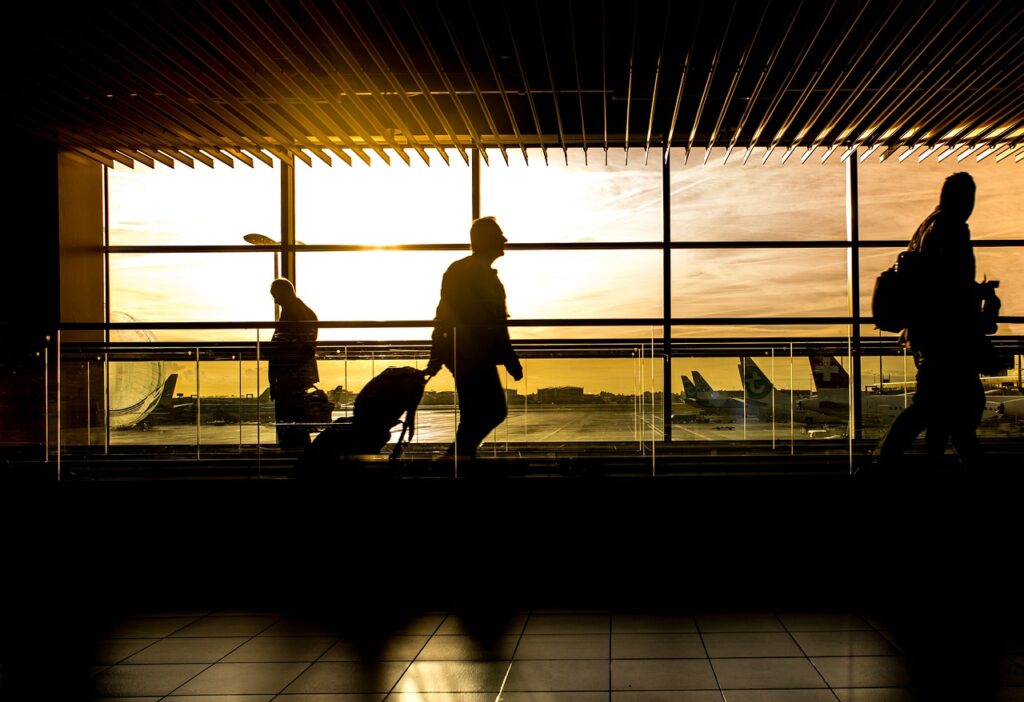
Traveler’s Dua – Invocation in Islam Traveling has always been a significant part of human life, whether for work, leisure, or religious purposes. In Islam, traveling is not just a mundane act but also a spiritual opportunity. This article delves into the Traveler’s Dua (supplications), its significance, how to recite it correctly, and additional resources […]
Dua Against Poverty: Powerful Islamic Invocations
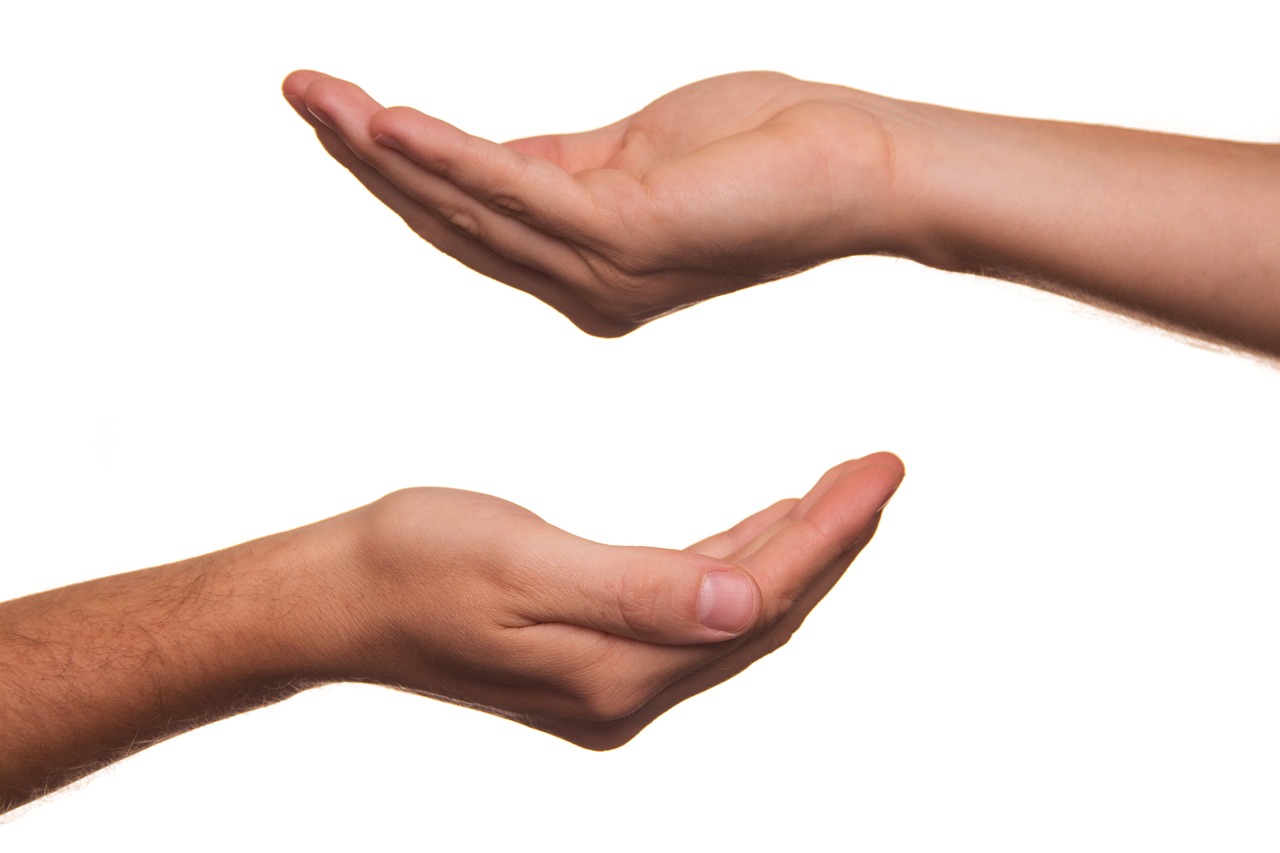
Powerful Islamic Invocations – Dua : Safeguarding Against Poverty with Quranic Teachings In Islam, seeking protection from poverty and financial distress is a significant concern for many believers. The teachings of Prophet Muhammad (peace and blessings be upon him) offer invaluable insights into seeking divine grace and invoking Allah for safeguarding against poverty. In this […]
Dua for Protection from Negative Influences

Powerful Islamic Supplications – Dua for Protection from Negative Influences Islam offers spiritual solace to believers facing life’s challenges, including difficult interactions with others. Supplications play a vital role in safeguarding against negative energies and the malice of people. Explore key Islamic invocations, supported by authentic Hadiths of Prophet Muhammad (peace and blessings be upon […]
Powerful Islamic Duas to Overcome Financial Debt

Powerful Islamic Duas to Overcome Financial Debt: Insights from Quran & Hadiths In modern life, many people find themselves grappling with financial debt. In Islam, believers are guided to seek solace in Allah and invoke His divine mercy to liberate themselves from financial burdens. In this article, we’ll delve into the significance of invocations against […]
Dua for Stress Relief: Islamic Invocations
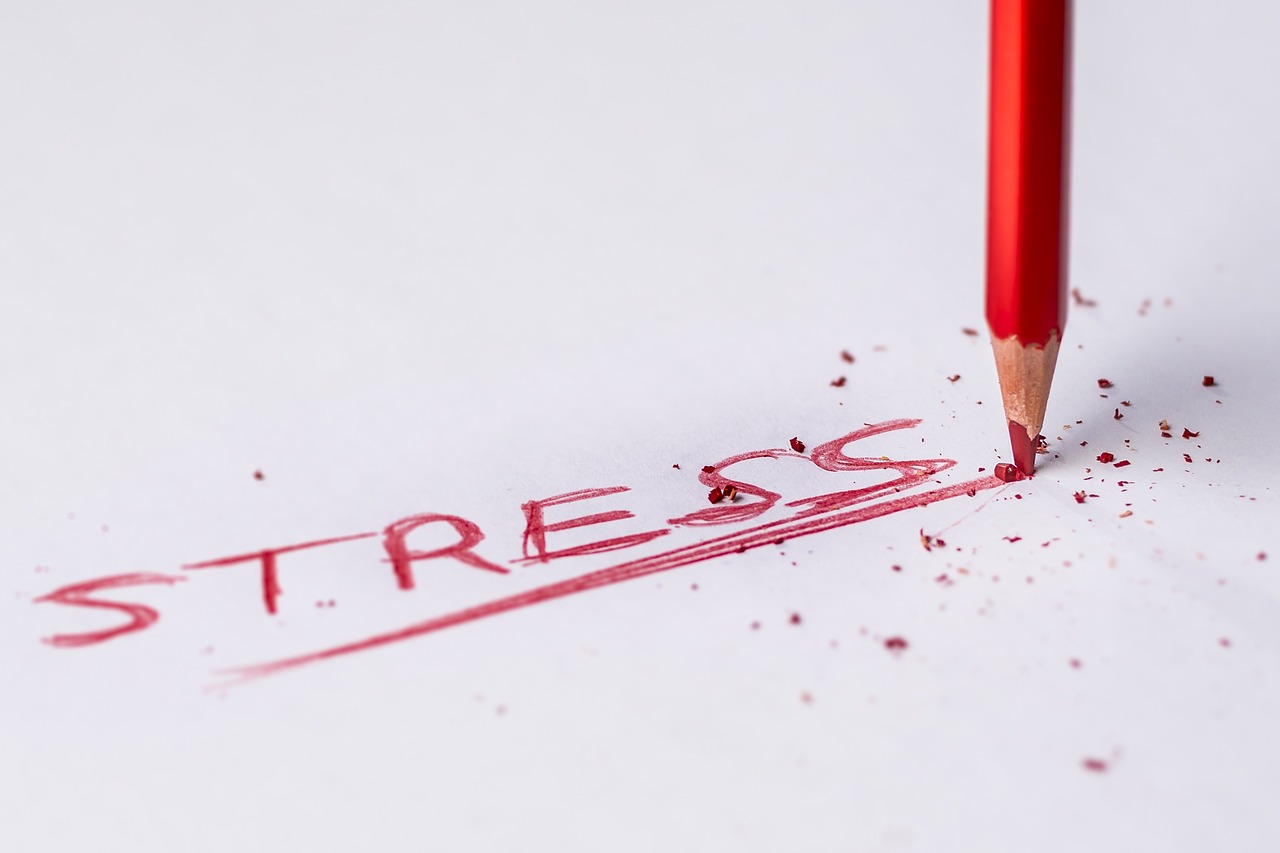
Islamic Invocations – Dua for Stress Relief: Quranic Teachings & Authentic Hadiths In today’s fast-paced world, stress and anxiety are prevalent challenges faced by many. Within Islam, believers are guided to seek solace in Allah and invoke His divine mercy to alleviate such burdens. This article delves into the significance of invocations against stress, drawing […]
The Islamic Invocation – Dua for Job Seeking

The Islamic Invocation – Dua for Job Seeking: A Comprehensive Guide In the challenging journey of job hunting, uncertainties often arise. However, within Islam, believers are guided to seek the divine assistance and guidance of Allah, the Almighty, in their pursuit of employment. The act of invoking Allah for job opportunities is not just ritualistic […]
Umar ibn al-Khattab: The Second Caliph of Islam
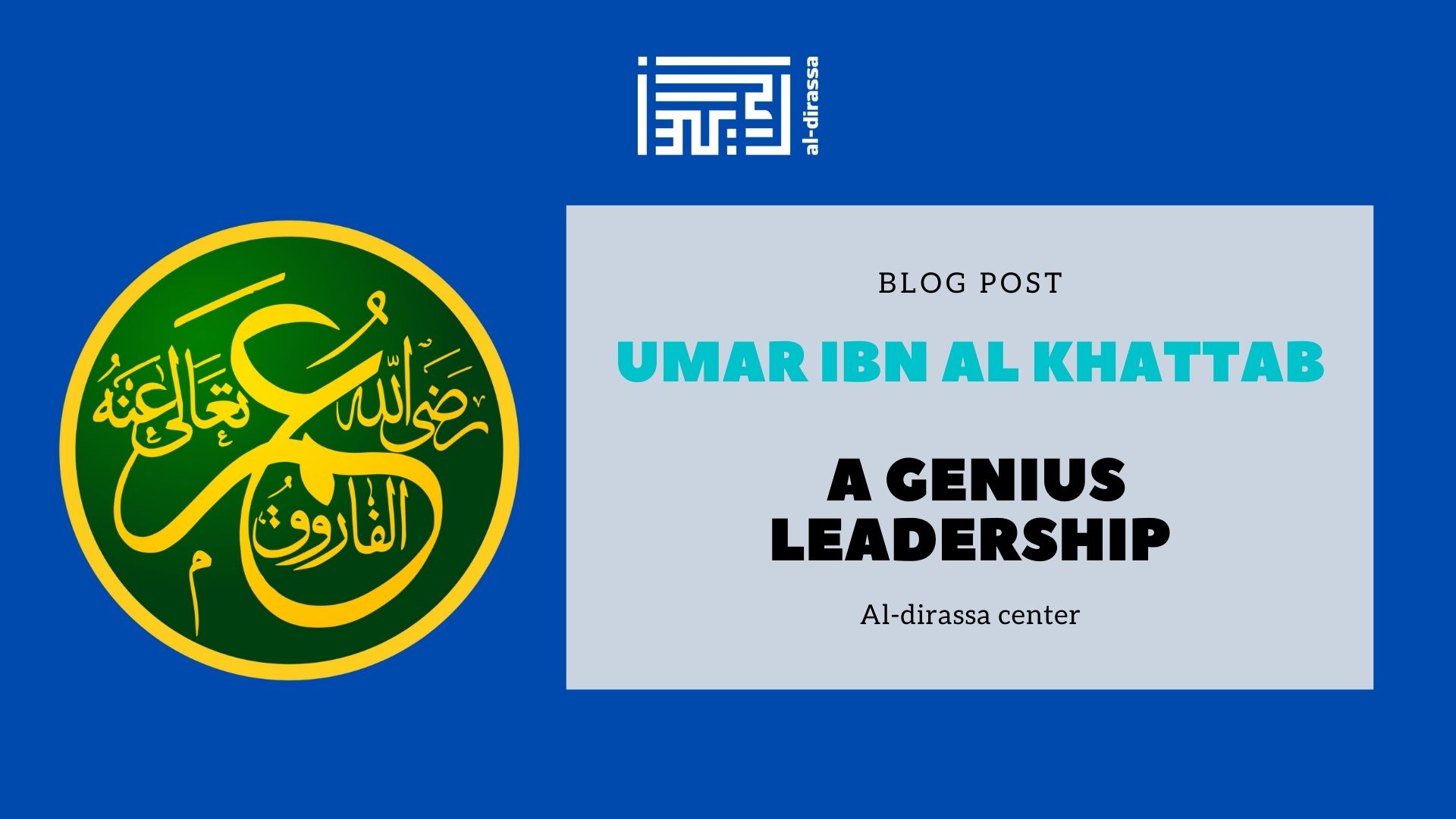
Umar ibn al-Khattab: The Second Caliph of Islam and His Impact on History Introduction In the annals of Islamic history, the name Umar ibn Al-Khattab shines as brightly as a guiding star. As the second caliph of Islam, his life and legacy left an indelible mark on the Muslim ummah. From his remarkable conversion to […]

